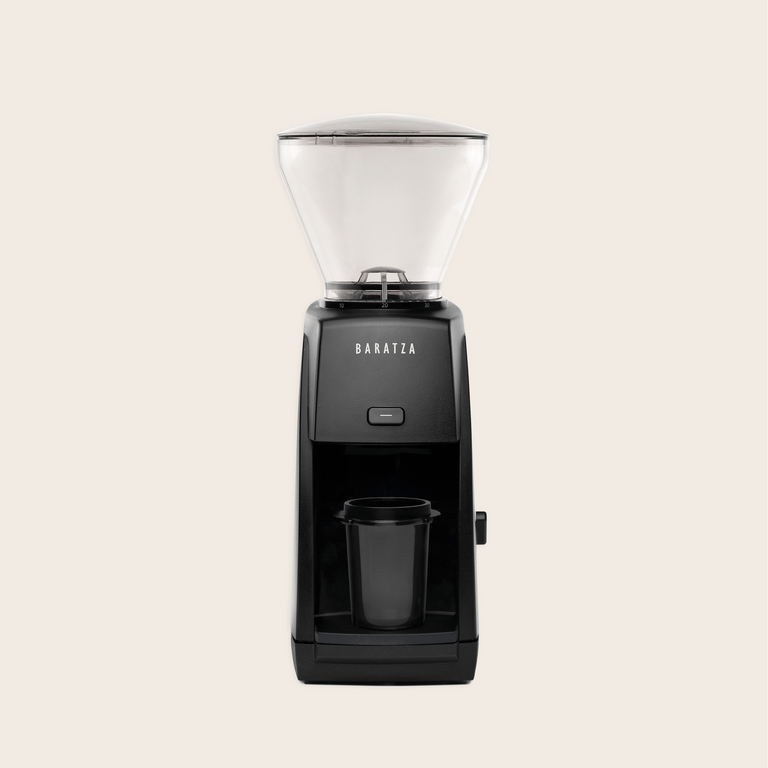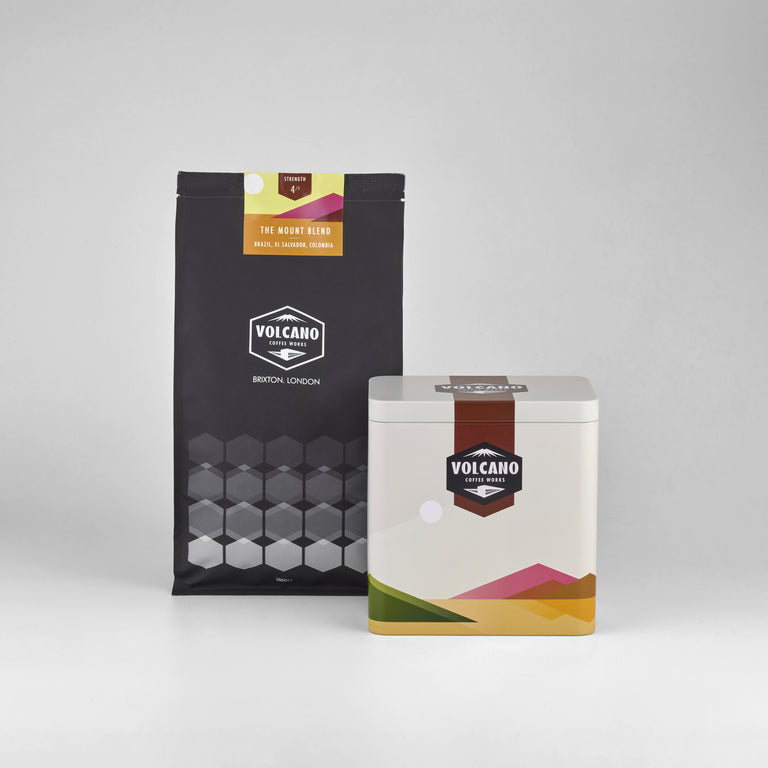What is coffee processing and how does it affect taste?
It's often underestimated how much work actually goes into preparing a coffee before it's ready for roasting and the amount of variety that's possible is immense.
Not only the soil, variety and altitude affect what a coffee will taste like but also how it's picked, sorted, prepared and packed ready for export. This could all be considered 'processing' but usually what is meant when this is referred to in coffee circles is specifically the how and when the fruit is separated from the seeds (coffee) and at what stage in the process drying takes place.
The order that drying and removing fruit takes places sounds like a simple thing but is actually one of the single biggest contributors to the taste of the coffee you drink.
These days there are all sorts of experimental processing methods in place and we even participate in some of the experiments ourselves as we seek out new ways to create flavour but generally speaking there are three main ways that a coffee is processed:
- The washed method
- The natural method
- The honey method
While access to resources, space limitations, climate and custom might influence what a particular farm chooses to do these also have distinct but equal benefits when it comes to creating flavour so we're going to give a brief overview of each below.
1. Washed Processed Coffee
In washed-process coffee, after sorting for ripeness, the cherries are fed through a mechanical 'de-pulper' to remove the skin and some of the fruit from around the seed. If you've ever bitten into fruits such as cherries or apricots you notice that some fruit still clings to the seed. In washed processed coffees this 'mucilage' is removed by soaking the seeds in large tanks of fresh water - hence the name 'washed.'
This washing process may take up to 24 hours during which enzymes form that break down the mucilage, leaving clean coffee seeds. These are then removed and dried usually in a combination of direct sun and shade until the desired moisture level inside the bean is achieved and the coffee can undergo the final 'hulling' process where parchment - the papery substance that surrounds the bean - is removed so it can be bagged and sold.
Washed coffees undergo very little modification during their processing and thus have been sought out historically as a measure of quality and 'transparent' way to taste terroir and variety. They are valued for their consistency and are higher in acidity with complex but clear flavours compared to natural and honey processed coffees.
Want to try a washed coffee? Try our Fullsteam Espresso.

*Washed coffee resting in fresh water.
2. Natural Processed Coffee
Unlike washed coffee, natural coffees are not de-pulped before drying but remain whole fruit (seed, fruit, skin) when laid out to dry. Without turning this into a science lesson - fruit is full of sugar and water which begins to ferment as the coffee dries. Yeasts and micro-organisms break down the sugars in the fruit, forming new substances. The seeds are later separated from the fruit but, of course, by this time have begun to absorb these new acids and tastes created as the fruit fermented.
Fermentation has been used for thousands of years as a way of preserving and enhancing flavours by humans. In the case of coffee, it can be used to amplify certain taste characteristics in the coffee or even create completely new taste characteristics when the fermentation is allowed to progress further. This is sometimes sought out by roasters and consumers but can also be criticised for obscuring the inherent taste qualities of the coffee and masking them with notes resulting from the fermentation.
Natural coffees usually have less acidity and bigger bolder sweeter tasting cups. The more 'natural' the more we start to observe notes like tropical fruits, strawberry, and even boozy fermented notes too. Either way, the method can be unpredictable and there's a lot of opportunity for things to go wrong but also a great amount of opportunity for creating new and exotic flavours so is increasing in popularity around the specialty world.
Want to try a natural coffee? Try our Sombra.

*Coffee cherries drying as whole fruit
3. Honey Processed Coffee
If there's a 'best of both world's' scenario here it's the honey processed coffee. Popular in Central and South America, this method begins like washed coffees where the skin is removed by de-pulping but rather than then being moved to washing tanks the coffees are immediately laid out to dry with the skin removed but the fruit still attached. This fruit dries and becomes sticky like honey, hence the name, so is no indication of tasting notes or of a coffee that's been soaking in honey (although that would be nice to try!)
Honey processing is tricky. Fermentation has to happen fast enough to avoid undesirable, mouldy notes developing but not so fast that none of this fermented character has time to transfer to the bean. Though when it's done right the prize is worth the effort. You might not achieve the sweetness of a purely natural coffee, nor the acidity of a purely washed but the potential with honey processed is to have each present without compromising the other which can lead to some astoundingly complex and delicious cups of coffee.

*Honey Processed coffees drying on a raised bed.
So is there a best way?
The truth is there's no right answer. As mentioned earlier some things like climate or access to fresh water and space might dictate what is best for the producers to do. And it must be remembered that different countries - and markets within those countries - have different preferences that present commercial opportunities that can't be ignored.
It might sometimes be argued that certain origins and varieties of coffee lend themselves to certain processing methods. For example, Kenyan coffees are historically sought out for their bright, even raspy acidity, so it might be a shame to use a processing method that hides this. On the other hand the idea of a natural processed coffee from Kenya and what it might taste like sparks curiosity for discovering the unknown and new.
At the end of the day, one of the great things about coffee is the infinite variety of possible tastes. The only thing that really matters is your own preferences as the drinker.




















